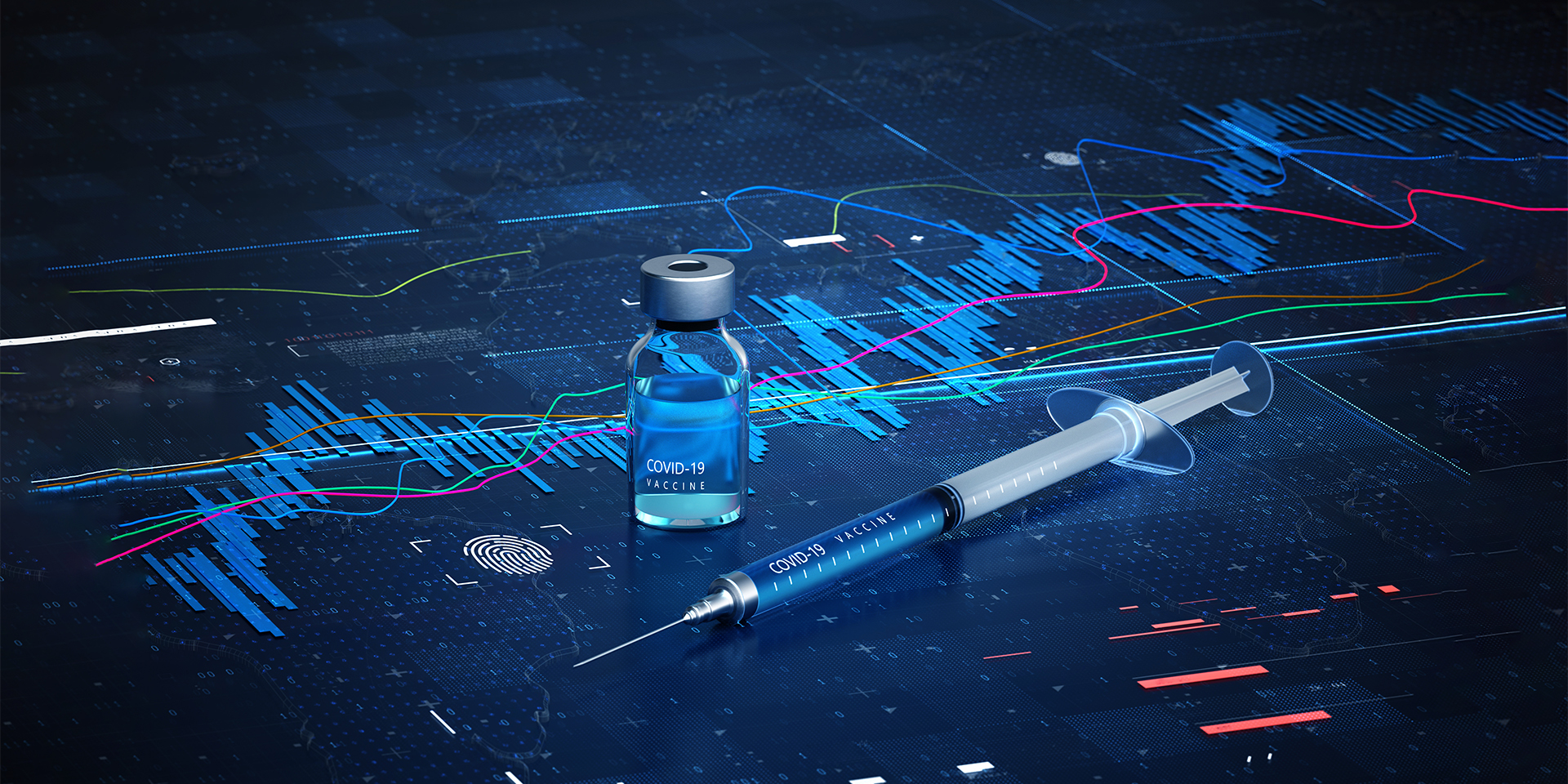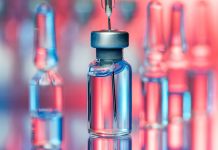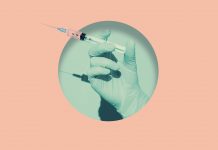Why can vaccinated people still get COVID-19 or even die from the disease?
Vaccines are effective and provide significant protection for the general population. However, vaccine protection is not 100%, which means that some vaccinated people can still get sick and even die from COVID-19. According to current studies, vaccine efficacy depends on several parameters, such as: type of vaccine (and whether the vaccination schedule is complete or not), virus variant, viral load, the time elapsed since vaccination, the age of the vaccinated person, the presence or absence of comorbidities, or immunosuppression.
One of the things to keep in mind is that the vaccine-induced immune response develops gradually and reaches its peak two weeks after the last dose of the vaccine. The risk of infection is higher before the full development of the immune response.
Differences in the level of protection
All authorized vaccine types have a significant degree of efficacy, but there are some differences. An American study that analysed the medical data of the people vaccinated between March 11th and August 15th of 2021 shows that among adults without immunocompromising conditions, vaccine effectiveness against COVID-19 hospitalization was 93% for the Moderna vaccine, 88% for the Pfizer-BioNTech vaccine and 71% for the Janssen/Johnson & Johnson vaccine.[1]
Another British study, which evaluated the effectiveness of vaccines in preventing deaths caused by the delta variant shows that, among people aged 40-59, the vaccine effectiveness was 88% for the Astra-Zeneca vaccine and 95% for the Pfizer/BioNTech vaccine. For the over 60s category, the effectiveness in preventing death is 90% for the Astra-Zeneca vaccine and 87% for the Pfizer/BioNTech vaccine. Another study shows that, on average, vaccines manage to prevent hospitalization in 89% of the cases among people under 75 and in 76% of the cases among individuals over 75 years of age.
It can be observed that at least three-quarters of vaccinated people are protected from severe forms of COVID-19 or death, even in old age.
COVID-19 after vaccination: specific aggravating circumstances
The situation is more complicated for people receiving immunosuppressive treatment. Only 10% of cases with solid cancerous tumours in chemotherapy, 17% of those with bone marrow transplantation, 29% of dialysis patients, 33% of those suffering from malignant haematological diseases and 51% of patients treated for rheumatoid arthritis have protective immune responses after vaccination. In these cases, great caution is required in terms of exposure to the virus, as well as the administration of the third dose of vaccine and the alternation of several types of vaccine.
Vaccine protection decreases over time, especially the neutralizing immune response (the antibody titer), but not the memory response conferred by B and T lymphocyte activation. This explains the findings of a study indicating that although protection drops to 47% five months after the second dose for the Pfizer/BioNTech vaccine, the ability to prevent severe infections remains very high: 93% for the Pfizer/BioNTech vaccine and 98% for the Moderna vaccine. Therefore, the vaccination booster is necessary to reduce the risk of infection and transmission of the virus, if more than six months have passed since the initiation of the vaccination schedule.
Lessons from the hospitals
The vast majority of people hospitalized or dying are unvaccinated. In countries where most people have been vaccinated, new infections, serious cases and deaths were significantly lower in wave 4, compared to countries where the vaccination rate was low.
Let’s not rely solely on vaccination!
Vaccinating as many individuals as possible can reduce the number of diseases and deaths among both vaccinated and unvaccinated people. We could compare vaccination with a raincoat or a waterproof tent. Although both of them generally spare us from the inconvenience of getting wet, if the rainfall exceeds a certain level, the water will end up penetrating the fabric. Similarly, a high viral load and frequent exposure may exceed the immune protection provided by the vaccine.
Therefore, in addition to vaccination, compliance with the rules of social distance, properly wearing a mask, hand sanitisation and ensuring ventilation in closed spaces remain very important in the fight against the SARS-CoV-2 virus, even if we are vaccinated.
Dr Ionuţ Dobrescu, physical medicine and rehabilitation specialist, is the Head of the Rheumatological, Neurological and Orthopedic Rehabilitation Program at Clinique La Ligniere, Gland, Switzerland.



















